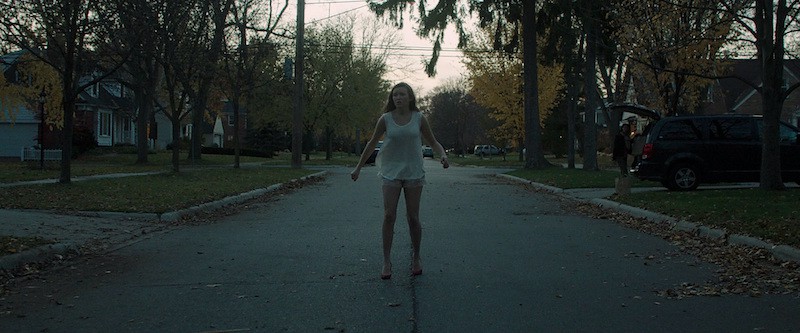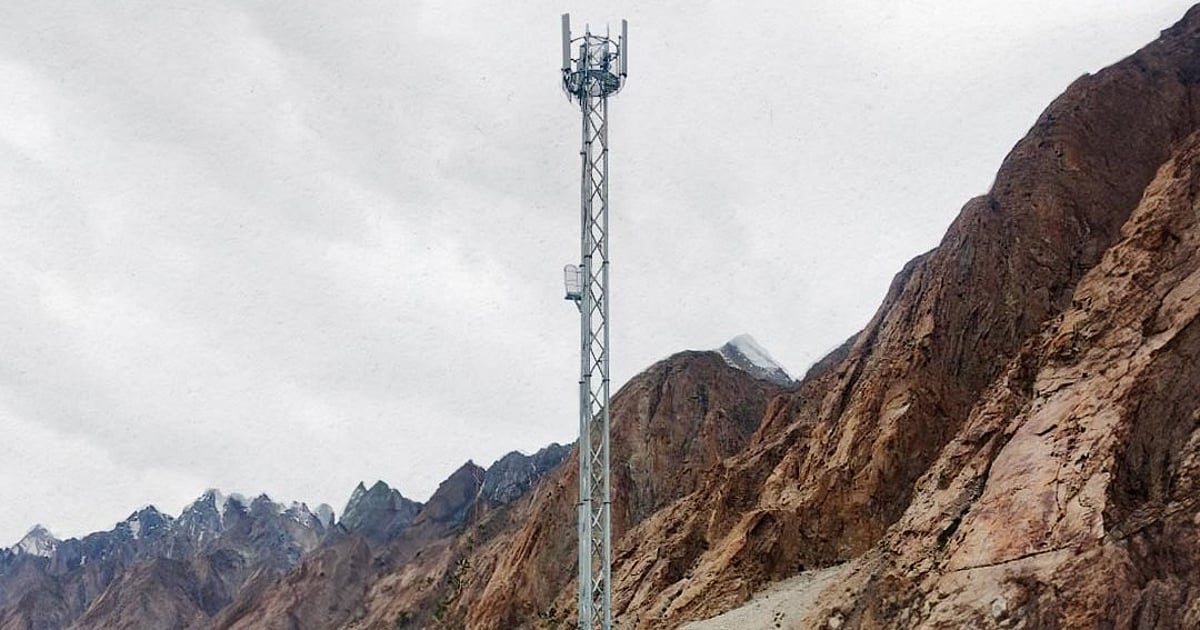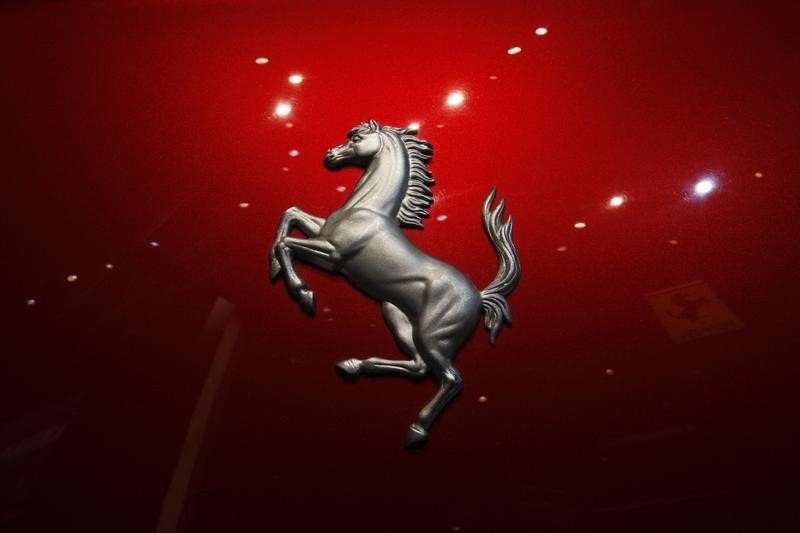Silicon Valley Bank depositors made whole; Credit Suisse counter-parties saved; First Republic bondholders protected — are these bailouts or something else?
Were these people “bailed out?” What are the differences between insured depositors getting their cash back, a private sector rescue orchestrated by the Fed or the Swiss government, and a taxpayer-funded bailout?
Indeed, what is a good definition of a bailout?
I spent a lot of time thinking about this while writing Bailout Nation.1 The answer to the question “What actually is a bailout?” was formative to the framework of all of the research I did while writing those 322 pages.
From the book’s introduction:
“There is something inherently unjust about some people getting a free ride when everyone else has to pay his or her own way. We Americans are always willing to lend a hand to someone down on their luck, but that is not what the current crop of bailouts is about. This is the government financially rescuing people despite—or perhaps because of—their own enormous recklessness and incompetence.”
That was the best definition I could come up with: “When an individual or company, through their own behavior and risk management, suffers a disastrous loss — but is then somehow made fully (or even partially) whole, and they do not have to suffer the impact of their own decision-making.”
The idea that you are responsible for the results of your own handiwork is so old, it’s biblical: “For whatever one sows, that will he also reap.” (Galatians 6:7-9)
Most of us fools reap what we sow, we suffer the consequences of our folly. But those people and companies who are bailed out do not. This is why rescuing them is so infuriating:
“This inequity is especially galling to those of us who work in the financial markets. Wall Street has long been a brutal meritocracy. Success is based on skills and smarts and the relentless ability to identify opportunity while simultaneously managing risk. All of the people I know who work on the Street—whether in stocks, bonds, options, or commodities—have a strong sense of fair play. “Eat what you kill” is the classic Wall Street attitude toward risk and reward, profit and loss.
There are, however, those market players who fail to live or die by their own swords—but then expect to be rescued by others from their own folly. They embody a fair-weather belief in the free market system, somehow thinking it applies only during the good times. This is a high form of moral cowardice, and it is rightly despised by those who play fairly and by the rules.”
This is not to suggest that the financial system should not be protected; rather, it is to point out that those responsible for the disaster should not benefit from protecting the system. If you run a company into the ground, then you should receive no material benefits from your actions. When your bank needs a government rescue because of your mismanagement or excessive risk-taking, you should be fired, your options stripped away, and the past 12 months of stock sales clawed back.
The system can be saved AND those responsible for crashing it be made to suffer the consequences of their follies.
What should NOT happen is for politically well-connected executives to walk away with all of their gains despite their bad decision-making and poor behavior that caused the problem in the first place.
“Since the turn of the twenty-first century, well-connected, moneyed interests have managed to keep all of their profits and bonuses during good times, but have somehow thrown off their risk and the results of their own bad decision making onto the public taxpayers. “Privatized gains and socialized losses” is hardly what capitalism is supposed to be.”
Consider the firms that engaged in the securitization of subprime mortgages – and made billions in quick profits – that were subsequently rescued. All of the huge brokers and many of the largest banks enjoyed those privatized gains and socialized losses.2
No wonder so many were infuriated by the GFC rescues.
Are Silicon Valley Bank depositors being made whole through FDIC insurance even if they had more than $250,000 in deposits the same thing? Was the PPP program that allowed small businesses to access a line of credit at 1% through their bank during the Covid lockdown a bailout? When JPM Chase purchases Bear Stearns without time to do proper due diligence but instead receives guarantees — or when UBS is encouraged to purchase weaker rival Credit Suisse via similar backstopping — is that a bailout?
There is a spectrum of interventions ranging from insurance payouts to credit extensions to full-blown rescues; we do ourselves a disservice when we conflate the two.
Politicos need to understand the difference between protecting the system from disaster and rescuing people from their own folly.3
Previously:
Déjà Vu? Why 2023 is Not 2008 (March 16, 2023)
All the Things We Do Not Know About SVB (March 13, 2023)
The Fed is Breaking Things (and it could get worse) March 10, 2023
__________
1. Chapter 1 of the book is the modern history of bailouts: The $250 million dollar rescue of Lockheed in 1971 (a key defense supplier during Vietnam War) led to $676 million in loan guarantees to Penn Central in 1974, which eventually begat a $1.5 billion dollar rescue of Chrysler in 1980, followed by Continental Illinois Bank in 1984 ($1.8 billion), followed by the rescue of the S&L industry for $178 billion.
Note: None of these above figures are inflation adjusted.
2. Even the management of Lehman Brothers, which was so insolvent it was allowed to fail, walked away with fewer repercussions than you would expect. Consider Lehman’s Dick Fuld: He ramped up leverage 40X and used Repo 105 to hide bad trades from the regulators. I believe he should have been prosecuted for fraud, not allowed to merely walk away in disgrace, with only $100s of millions in gains to comfort him.
3. Regardless of what you think of the rest of her politics, Senator Elizabeth Warren is one of the few in D.C. that truly understands this. Her proposals for allowing clawbacks and penalties for bailed out banks are worth discussing.
















